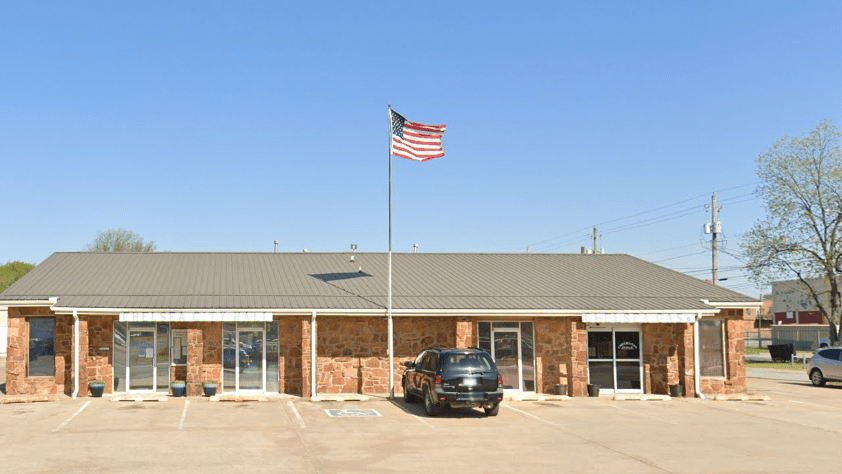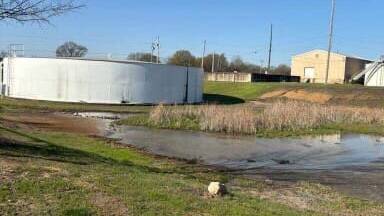Located at the intersection of State Highway 28 and Historic Route 66, Chelsea, Oklahoma, sits just 47 miles northeast of Tulsa. Though small in size, the town’s vision is anything but. Chelsea is home to a growing industrial park and is preparing for a potential boom, with the proposed $2 billion American Heartland Theme Park and Resort planned less than 20 miles away. While construction has been delayed, developers remain committed, and anticipation continues to build for the economic energy the project could bring.

The Chelsea Economic Development Authority (CEDA), which manages the city’s business operations — including water, sewer, and trash services — has long worked behind the scenes to keep the town running. As the legal entity for these essential services, CEDA also owns and operates the Chelsea Water Treatment Plant. The plant draws raw water from Oologah Lake, treats it, and stores it in a single clearwell tank before distributing it to more than 1,100 customers, including Consolidated RWD #1, Mayes RWD #5, and RWD #13, which CEDA acquired in 2000.
In recent years, rising demand has stretched the town’s aging infrastructure to its limits.
“We’ve actually had our town run out of water a few times during excessive heat waves and very cold snaps,” said Kenny Weast, who oversees CEDA as Town Administrator.
“Our plant’s been running 24/7 just to keep up.”
A second clearwell, once used as a backup, was taken offline years ago due to age and deterioration. For the last several years, CEDA has relied solely on one storage tank — a critical risk if the plant shuts down or loses power. Without backup storage, the town risks water shortages, fire protection failure, and added strain on an already overburdened system.
To address these concerns, CEDA recently launched a $1.4 million project to construct a new welded steel clearwell tank. The addition will provide much-needed redundancy, 24-hour holding capacity, and improved fire protection — ensuring compliance with Oklahoma Department of Environmental Quality (ODEQ) regulations.
Funding the project required a layered approach. CEDA secured $650,000 in ARPA funds from Rogers County but still faced a significant funding gap.

With the help of CU’s Community Infrastructure and Lending Teams, CEDA secured a $772,969 CDFI loan. Combined with the ARPA funds, the loan fully covers construction, engineering, inspection, legal, and contingency costs.
“It was seamless, very easy,” Weast said of working with CU’s Lucas Guinn and Loan Officer Chris Ranniger. “They’re hard workers. They’re very community-oriented… and very patient with us.”
Construction is now underway. Bids have been awarded, materials are ordered, and site work is in progress.
“It’s going to be a game changer,” Weast said.
This isn’t Chelsea’s first collaboration with CU. For nearly 20 years, Karen Conrad, CU’s Community Infrastructure Director, has worked with the town on major projects — including a wastewater treatment overhaul that resulted in over $3 million in grant funding from the Cherokee Nation and Indian Health Service.
“It’s important to have allies — our friends, like CU — who we can call and say, ‘Here’s our problem. Got any ideas?’”
“We couldn’t survive on our customers alone,” Weast said.
CU’s long-term technical assistance and flexible financing make transformational infrastructure upgrades possible in rural towns like Chelsea. With the new clearwell, Chelsea is poised not only to meet today’s demand but to grow confidently into the future.
“Chelsea is very thankful for the help and hard work that you all have provided — recently, in the past, and I’m sure in the future,” Weast said.

